There was a time when Judy and her husband Musyoka weren’t sure they’d have enough food to last more than a few months. Working the 1.5-acres of land they inherited from their parents in the Kitui county of Kenya, Judy and Musyoka struggled to expand their crops, especially when rainfall is so erratic.
It didn’t help that the changing climate conditions meant they had to battle an already arid landscape. And that meant that Judy’s twice-yearly harvests produced as little as 90kgs of maize, 45 kilograms of beans and 20 kilograms of green gram, not nearly enough for their family of six. So, often Judy had to rely on the kindness of neighbours just to make ends meet.
So Musyoka began work as a street merchant (hawker) in the nearby city of Mombasa and Judy took on casual work at a neighbour’s farm to supplement their income, when she could find it. But when she did, it often meant her four children lacked the care she wanted to give them.
My life and that of my family was in great despair . . . I cried alone praying to God to help my family.
‘This was a harsh time for our family,’ she said. ‘We had to skip meals to make sure we survived the dry spells, and my children’s immune system went down because they lacked vegetables and fruits.’
As a result, the children would often become ill and missed a lot of school, especially when Judy had to prioritise spending money on medications instead of school fees.
‘My life and that of my family was in great despair,’ she said. ‘I cried alone praying to God to help my family. I can now say thank you, God, for answering my prayer.’
Planting Hope
That answer came when Judy was invited to a community workshop in 2018 in her village.
There, she met Baptist World Aid’s Christian Partners who ran what they called an Integrated Livelihood Improvement Project (ILIP), a long name but one that says exactly what it is: integrated knowledge of agricultural strategies and other farming options that directly improve a family’s livelihood. Judy joined a group of other young mothers where they identified their capacities and vulnerabilities, and then applied to the community-based program. (Baptist World Aid’s best practice means Partners listen and assess a vulnerable community first so they know how best to address their needs.)
Judy was thrilled to learn she was accepted into the collaborative group and began wholistic training in governance, tree planting, child protection, soil fertility management, village savings and even animal production. She learnt new techniques and began to plant seeds both for her crops and for management. Within three years, she harvested eight bags of maize and 2.5 bags of green grams, despite the below-average rains Kenya received.
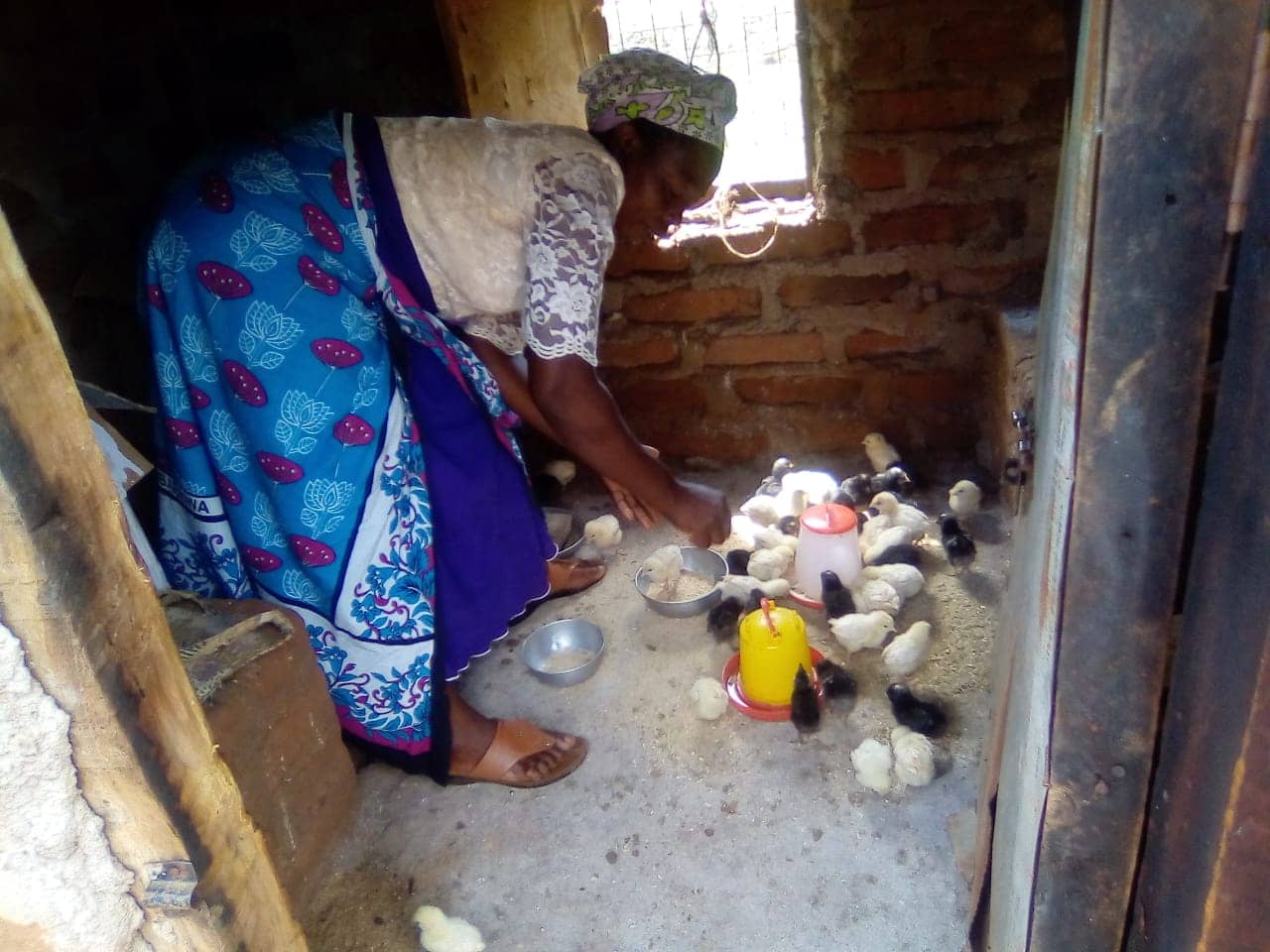
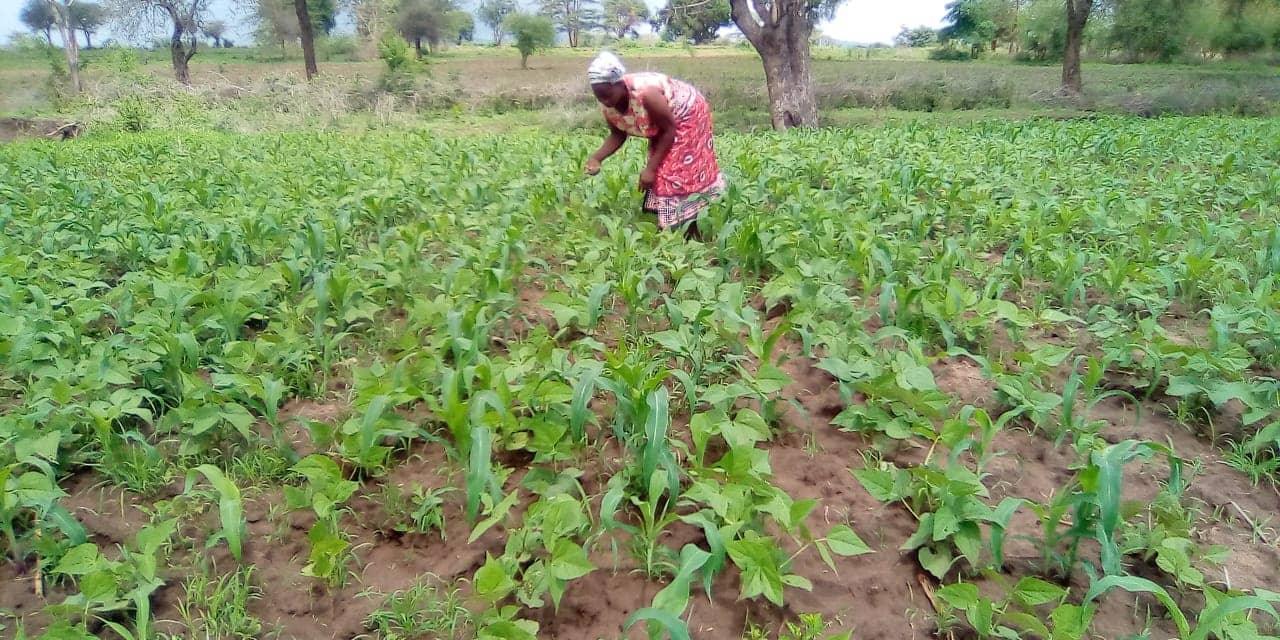
Surplus Crops
When she sold some of the surplus crops, she cleared school fee balances and put the rest into a loaning kit to earn interest. Our Christian Partners also trained her to diversify her income sources so Judy began raising chickens and goats—she saved so much from the sale of produce and eggs that she’s even been able to purchase solar panels for her house.
‘Now we have enough food to eat with my family and usually have a balanced meal,’ she said. ‘Our children can study at night now with the lights and are not in and out of school anymore. Their performance has really improved.’
In fact, because of the generosity of Baptist World Aid’s supporters, Judy saw her crop yields grow 700 percent! Today, Judy’s crops produce 720kgs of maize and 225kgs of mung beans.*
Growing Dreams
Today, the farmer named Judy remains as active as ever in her community group, where she holds the secretary position, and is always learning about new ways to counter old (and unreliable) farming practices. She has to; the only water source in their village is a seasonal river called Wingoo. So now, Judy’s considering water structures, Earth dams, boreholes and farm ponds to provide sufficient water for domestic use and farming irrigation. She hopes these new techniques will help her establish more vegetables and fruit trees to feed her family and to generate an ongoing income.
‘I feel very happy as a resident here because of the support of our Partners,’ she said. ‘God has answered my prayers and our Partners’ interventions have changed our lives.’
Change more lives with a gift to the Matching Grant Appeal. Your gift + Government Funds = more impact for families like Judy’s.
*One (1) bag of Maize weighs 90Kilograms (8*90 = 720Kgs) and One (1) bag of green grams weigh 90Kilograms (2.5*90= 225Ks

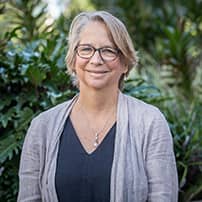
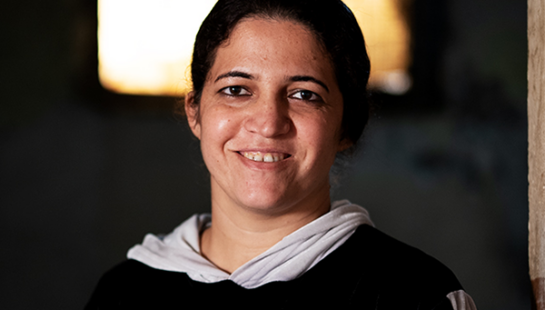
 Mike Bartlett
Mike Bartlett
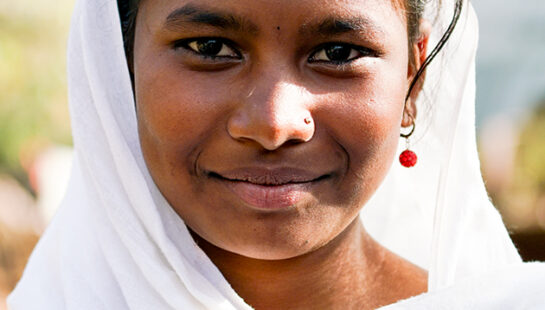
 Baptist World Aid
Baptist World Aid